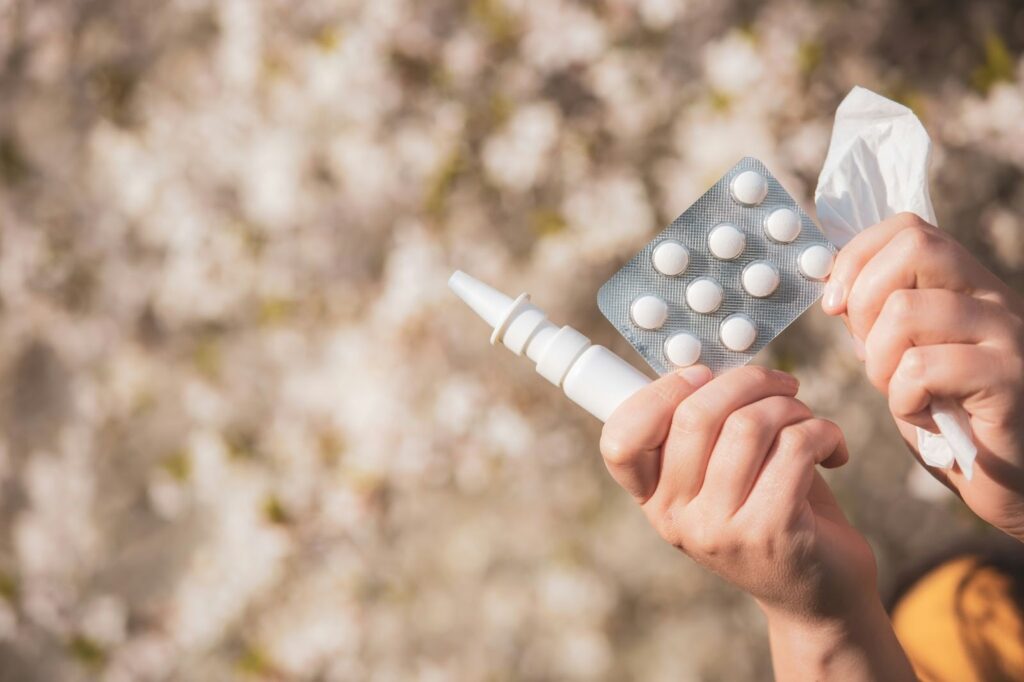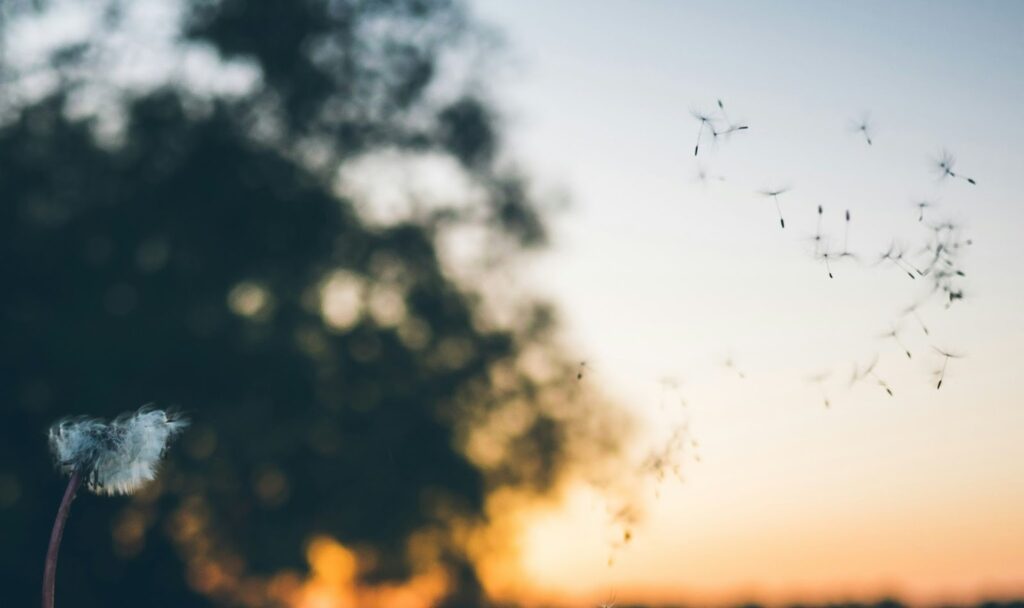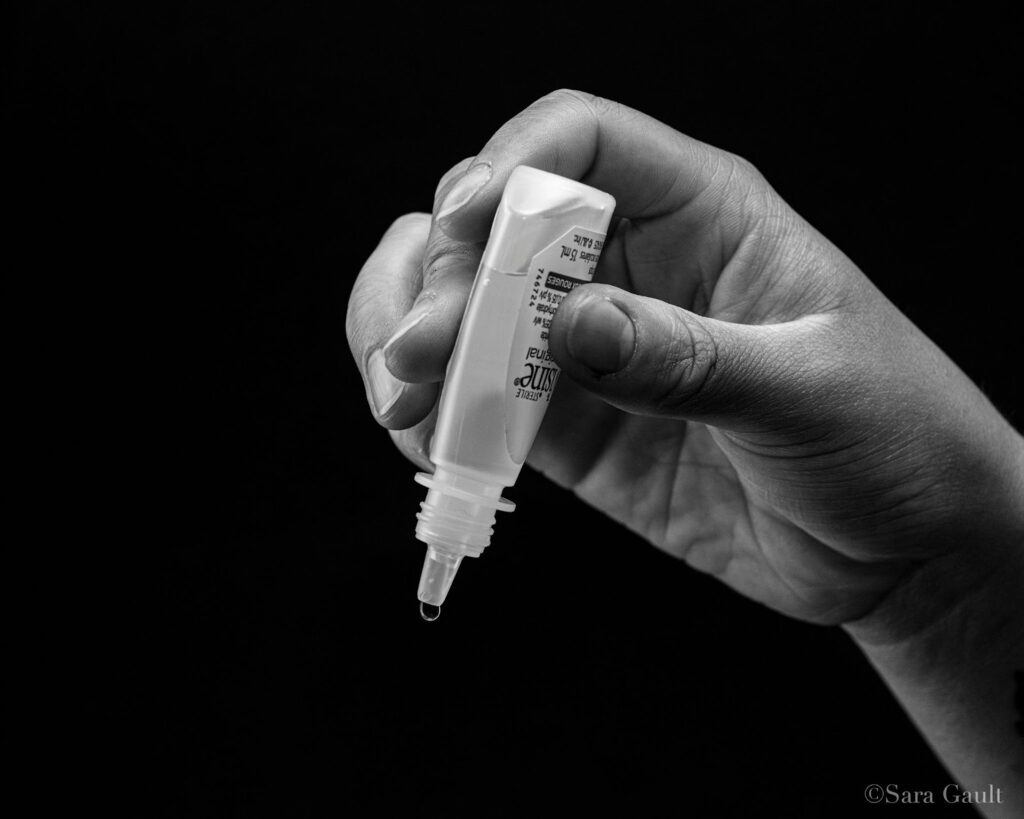
Your Health Magazine
4201 Northview Drive
Suite #102
Bowie, MD 20716
301-805-6805

More Allergy, Asthma & Infectious Disease Articles
Understanding Seasonal Allergies and Relief Options
Seasonal allergies can be exceptionally annoying, especially if you don’t have allergy-related issues throughout the year. They can spring up on you, last for weeks on end, and can easily ruin a large part of your year. Here are a few insights into understanding seasonal allergies, as well as some relief options.

Seasonal Allergy Features
First off, it is important to understand the features of seasonal allergies, as this will help you when it comes to when to take your hayfever medicine, exposure, where you should and shouldn’t go, etc.
Timing
Timing is pretty apparent when it comes to seasonal allergies. In short, they will present themselves when the seasons change, or when they are in full effect. For example, some people feel the effects of pollen as Spring starts, while some only feel it a few weeks in when pollen is at its highest concentration.
Causes
For seasonal allergies, the causes include allergens that are found both inside and outside the home, as opposed to regular allergies, which are often caused by allergens that are almost always found inside the home.
Duration
For seasonal allergies, symptoms typically last anywhere from a week to a couple of months, after which they usually disappear for the rest of the year. In many cases, some people may experience only a few days of symptoms.
Symptoms
Speaking of symptoms, the severity can and will differ from person to person, but itchy eyes, a runny and congested nose, sneezing, and an itchy throat are the typical symptoms sufferers will experience.
Season
The season will also determine which type of allergies are triggered. Therefore, depending on the type of allergy you suffer from, you can predict if or when you will start experiencing symptoms.
Spring
Spring, in almost every country, is pollen season. It is almost always the worst season for seasonal allergy sufferers, as pollen is one of, if not the most common, seasonal allergens. The duration will differ, but most people experience a flare-up as the pollen starts to fall, with it slowly diminishing as the season goes on.

Summer
Summer is another season for pollen, but from grass. This can make it difficult for many sufferers, as simply being outside in your garden can trigger an allergic attack. Additionally, it is almost impossible for most people to simply avoid the outdoors for the entirety of the season, meaning this should be the time when you are consistent with your medication and treatments.
Fall
While not as common as tree and plant pollen allergies, weed pollen allergies often get missed. However, Fall is the time when it rears its head, and if you find yourself experiencing allergy symptoms, you may want to get tested to see if you have a weed allergy.
Winter
Finally, Winter is all about more indoor allergens such as dust mites, pet dander, and mold. Excess pet dander is due to your pets being indoors more, while mold is caused by the excess moisture in the home. Unlike other allergies, these can be easily dealt with by being consistent with your cleaning, and being sure to find and kill mold before it grows and spreads.
Relief Options
While everyone is different and relief options can have varying levels of effectiveness, there are a few options that will almost always work to some degree.
Medication
Anti-allergy medication should be your first port of call when seasonal allergies come around. Most medications will cover all seasonal allergies to a certain degree, but you can find more specialized medication, such as hayfever medication, if you experience more severe symptoms.
Most can be bought over the counter, but it is important to note that there are side effects, such as feeling lethargic, but more often than not, they will provide the relief you are looking for.
Nasal Spray/Eye Drops
A runny and itchy nose and itchy eyes are also two very common side effects. They are often difficult to deal with, as once the allergens enter your nose or eyes, they can be difficult to remove.
However, a saline nasal spray and eye drops can help relax your nasal passage and eyes, and limit or completely stop the itchiness and stop your nose from running or being blocked.

Nasal Irrigation
In more severe cases of nasal irritation and congestion, you may need to use a nasal irrigation bottle or neti pot. Using nothing more than a weak saline solution, nasal irrigation flushes out your sinuses and helps to relieve blockages, and remove allergens.
However, it is important to note that nasal irrigation can irritate your nose, and, therefore, increase the production of mucus. Because of this, only use it when it is completely necessary, and give yourself a break for a day or two before using it again.
Tea & Honey
Finally, mild and annoying throat irritation can also be a symptom of allergies. While there are throat sprays available for more severe itchiness, tea and honey are a great combination that will do the trick for most people.
Honey has anti-inflammatory properties, while the warm tea can help to remove mucus. Herbal tea is great, but regular black leaf tea is also an option. However, don’t add milk, as dairy can make existing mucus feel “thicker” and more uncomfortable.
Other Articles You May Find of Interest...
- Recognizing the Symptoms of a Spider Bite for Timely Treatment
- Essential Insights About A- Blood Type and Its Unique Characteristics
- What Is a Pulmonologist and How Do They Help Your Lung Health?
- Unlock the Benefits of Steaming Inhalation: Best Herbs and Essential Oils to Clear Congestion
- Effective OTC Medicine for Bronchitis: Discover Your Relief Options
- Why Do You Experience Difficulty Breathing When Lying Down?
- Coughing After Meals: What Causes It and How to Find Relief














